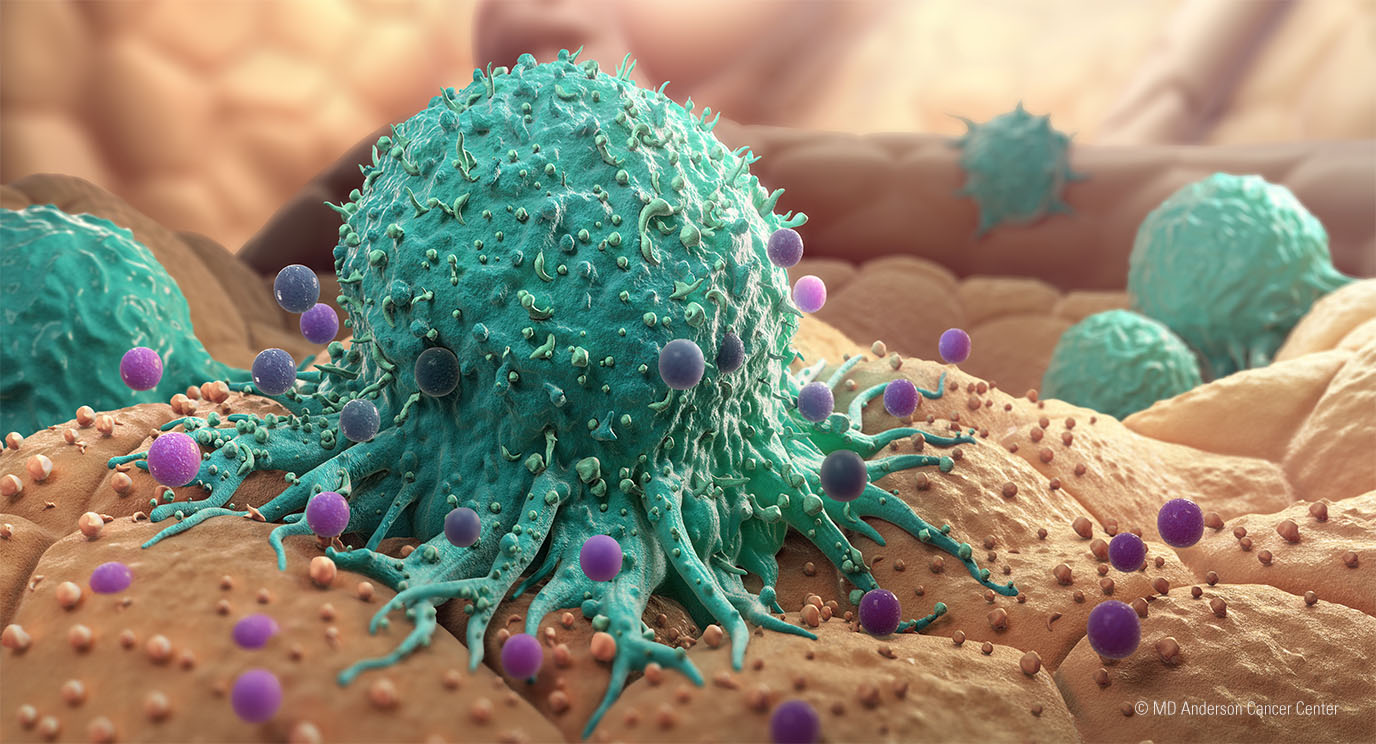HIGH BLOOD CHOLESTROL: Types, Causes, Symptoms, and Effective Treatment Approaches
INTRODUCTION
High blood cholesterol, also known as hypercholesterolemia, is a prevalent health condition affecting millions of people worldwide. Understanding the different types of cholesterol, recognizing the causes and symptoms, and exploring effective treatment options is essential for managing this condition and maintaining heart health. In this blog post, we will delve into the intricacies of high blood cholesterol, shedding light on its types, underlying causes, common symptoms, and potential treatments.
TYPES OF CHOLESTROL
Cholesterol is a waxy substance produced by the liver and also obtained through certain foods. There are two primary types of cholesterol:
- Low-density lipoprotein (LDL) cholesterol: Often referred to as "bad" cholesterol, LDL cholesterol carries cholesterol particles throughout the body. High levels of LDL cholesterol can lead to the buildup of plaque in the arteries, increasing the risk of cardiovascular diseases.
- High-density lipoprotein (HDL) cholesterol: Known as "good" cholesterol, HDL cholesterol helps remove excess cholesterol from the bloodstream and carries it back to the liver for elimination. Higher levels of HDL cholesterol are associated with a lower risk of heart disease.
CAUSES OF HIGH BLOOD CHOLESTROL
Several factors contribute to high blood cholesterol levels, including:
- Unhealthy diet: Consuming foods high in saturated and trans fats, cholesterol, and refined carbohydrates can raise LDL cholesterol levels.
- Sedentary lifestyle: Lack of regular physical activity can lead to weight gain, increase LDL cholesterol, and decrease HDL cholesterol levels.
- Obesity: Excess weight, particularly around the waist, is often associated with elevated LDL cholesterol and reduced HDL cholesterol levels.
- Genetics: Inherited genetic conditions, such as familial hypercholesterolemia, can cause high cholesterol levels regardless of lifestyle factors.
- Age and gender: Cholesterol levels tend to rise with age, and men generally have higher cholesterol levels than premenopausal women.
SYMPTOMS OF HIGH BLOOD CHOLESTROL
High blood cholesterol itself does not typically cause noticeable symptoms. It is often referred to as a "silent" condition. However, persistently high cholesterol levels can contribute to the development of other health issues, such as atherosclerosis (narrowing of the arteries), which can eventually lead to cardiovascular diseases. Therefore, it is crucial to monitor cholesterol levels through regular check-ups and screenings.
EFFECTIVE TREATMENT APPROACHES
Managing high blood cholesterol involves a multi-faceted approach that combines lifestyle modifications and, if necessary, medication. Some strategies that can help lower cholesterol levels include:
- Healthy diet: Adopting a diet rich in fruits, vegetables, whole grains, lean proteins, and healthy fats (such as those found in nuts, seeds, and avocados) can have a positive impact on cholesterol levels.
- Regular exercise: Engaging in aerobic activities, such as brisk walking, jogging, swimming, or cycling, for at least 150 minutes per week can help raise HDL cholesterol and lower LDL cholesterol.
- Weight management: Achieving and maintaining a healthy weight through a balanced diet and regular physical activity can positively influence cholesterol levels.
- Medications: In some cases, doctors may prescribe cholesterol-lowering medications, such as statins, to help control high cholesterol levels.
It is important to consult with a licensed healthcare professional to determine the most appropriate treatment plan based on individual circumstances and cholesterol profile.
CONCLUSION
High blood cholesterol is a common health concern that requires proactive management to minimize the risk of cardiovascular diseases. By understanding the different types of cholesterol, identifying the causes and symptoms, and implementing lifestyle modifications along with medical interventions when necessary, individuals can effectively control their cholesterol levels and maintain heart health. Regular screenings, a heart-healthy lifestyle, and ongoing communication with healthcare professionals are key in the journey towards achieving optimal cholesterol levels and overall well-being.
There are Forever products available that are popular among individuals seeking natural health and wellness solutions. These products are known for their high-quality ingredients and may offer potential benefits.
1. Absorbent C
2. Garlic Thyme
3. Aloe Vera Gel
4. Nature Min
5. Arctic-Sea (Super Omega 3)
DISCLAIMER: The information provided here is for educational purposes only and does not constitute medical advice. Always consult with a licensed healthcare professional before starting any new dietary or supplementation regimen, especially if you have pre-existing medical conditions or are currently under medical treatment.
NOTE: Please remember that these product descriptions are not intended to make any medical claims, and it is important to consult with a licensed healthcare professional for personalized advice and guidance regarding specific health conditions and treatment options before using or consuming any the products mentioned anywhere in this page/website.












.jpg)
0 Comments